Introduction to the TOPIK Test
What is the TOPIK test? The Test of Proficiency in Korean (TOPIK) is a standardized test designed to measure and evaluate Korean language skills for non-native speakers. Administered by the National Institute for International Education (NIIED), TOPIK is essential for those aiming to study or work in Korea. Whether you’re a student, a professional, or someone with a deep interest in the Korean language, TOPIK serves as a reliable benchmark of your proficiency. 😊
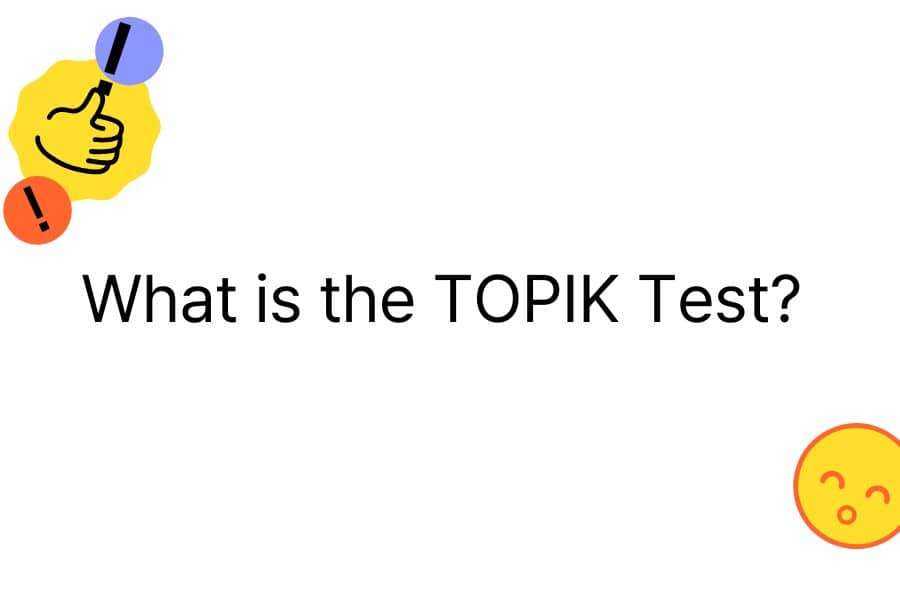
Types of TOPIK Tests
TOPIK 1:
TOPIK 1 is the beginner level of the test and focuses on basic language skills. It is divided into two parts: reading and listening. This level is suitable for those who have just started learning Korean and want to evaluate their foundational skills.
Achieving levels 1 or 2 in TOPIK 1 signifies that you have a basic understanding of Korean, which can be useful for daily conversations and simple interactions.
TOPIK 2:
For those aiming for higher proficiency, TOPIK 2 is the test to take. This test covers listening, writing, and reading sections, and it is designed for intermediate to advanced learners.
TOPIK 2 encompasses levels 3 to 6, with level 6 being the highest. Successfully passing TOPIK 2 can open doors to academic opportunities and enhance your professional prospects in Korea.
TOPIK Levels Explained
Levels 1 to 6 TOPIK is divided into six levels, with levels 1 and 2 assessed through TOPIK 1 and levels 3 to 6 through TOPIK 2. Here’s a brief overview of what each level indicates:
- Level 1: Basic ability to understand and use everyday expressions and simple sentences.
- Level 2: Ability to carry out simple conversations and understand basic written texts.
- Level 3: Intermediate proficiency, capable of more complex interactions and understanding standard language structures.
- Level 4: Advanced intermediate level, comfortable with a wider range of topics and written materials.
- Level 5: High proficiency, able to understand and express nuanced ideas in various contexts.
- Level 6: Near-native fluency, capable of understanding and producing language at an academic or professional level.
Importance of TOPIK test Scores
Academic and Professional Benefits TOPIK test scores are widely recognized in academic settings, especially for international students seeking admission to Korean universities. Many universities require a minimum TOPIK level for admission to undergraduate and graduate programs.
Personal Development Beyond academics and professional benefits, achieving a high TOPIK score can be a significant personal accomplishment. It boosts your confidence and validates your efforts in learning Korean. 🎉
Professional Benefits In the professional sphere, a good TOPIK test score is highly valued, especially in Korea. For many jobs, particularly those involving Korean clients or teams, proficiency in Korean is a must. Even in roles where Korean skills are not initially required, such as some English teaching positions or overseas sales roles, knowledge of Korean becomes essential for effective communication and career advancement. Knowing Korean can help you integrate better into the workplace culture and make a stronger impression on your colleagues and superiors. 💼
TOPIK Test Schedule
Exam Frequency and Formats TOPIK test are held several times a year, with the exact number of sessions varying by country. Both Paper-Based Tests (PBT) and Internet-Based Tests (IBT) are available, and the test content remains the same regardless of the format. It’s essential to check the official TOPIK website for the most accurate and up-to-date information regarding test dates and registration.
How to Register To register for the TOPIK test, visit the official TOPIK test website. The site provides detailed information on test dates, locations, and registration procedures. Make sure to register well in advance, as slots can fill up quickly, especially in countries with high demand for the test.
Exam Preparation Resources There are numerous resources available to help you prepare for the TOPIK exam. These include official TOPIK test preparation books, online courses, and practice tests. Additionally, our TOPIK lecture offers an AI-based writing practice program, allowing students to edit, revise, and receive feedback on their writing from an AI teacher while listening to video lectures. This can be an invaluable tool in your preparation journey.
Emerging TOPIK Speaking Test
Current Status and Future Prospects TOPIK Speaking is a relatively new addition to the TOPIK suite of tests. While it is still in its early stages and not widely required for employment or academic purposes, it is expected to gain more importance in the future. Currently, few institutions consider TOPIK Speaking scores, but this is likely to change as the test becomes more established.
Why Consider the Speaking Test? While the TOPIK Speaking test is not yet widely required, it can still be a valuable addition to your language proficiency credentials. Preparing for the speaking test can improve your overall Korean speaking skills, making you more confident in real-life conversations. Plus, being an early adopter of the speaking test could give you a competitive edge as the test gains more recognition in the future.
How to Prepare for TOPIK Speaking To prepare for the TOPIK Speaking test, practice speaking Korean as much as possible. Engage in conversations with native speakers, join language exchange programs, and use online resources that focus on speaking skills. Recording yourself and getting feedback from native speakers or language instructors can also be very helpful.
Preparing for TOPIK
Specialized Study Tips Preparing for TOPIK requires a focused study approach that differs from general Korean language learning. Here are some tips to help you succeed:
- Practice Listening and Reading: Use past exam papers and online resources to familiarize yourself with the test format and question types.
- Improve Your Writing: Consider using AI-based writing practice programs, such as our TOPIK lecture, which offers video lectures and AI-driven feedback to enhance your writing skills.
- Regular Practice: Consistent practice is key. Dedicate time each day to study and review all parts of the test
In Korea, proficiency in the Korean language is crucial for most occupations, except for roles like English teaching and overseas sales. Even if Korean skills are not initially required, they become essential for effective team communication and career advancement. 💼
Conclusion: What is the TOPIK Test?
Preparing for the TOPIK test is a significant step in your Korean language learning journey. Whether you are aiming to study, work, or simply improve your Korean skills, achieving a good TOPIK score can open many doors. Remember, consistent practice and using the right resources are key to success. 😊
✍️ TOPIK II 집중반 (중상급)
🔗 TOPIK Master Class (Level 5–6 대비)
📘 TOPIK I 기초반 (1–2급 대비)
🔗 TOPIK Basic Challenge (Level 1–4 대비)
Learn Real Korean Words with JAEM!
Learn Korean with JAEM Korean App & JAEM Challenge: Discover the best way to learn real Korean with our comprehensive app. Enjoy a wide variety of free lessons and courses designed to help you master the language. Also, our unique JAEM challenge program guides you from an upper-beginner level to a master course, all under the guidance of Native Korean Coaches. Whether you’re just starting out or looking to refine your skills, this program offers an effective path to fluency.
Our Book: Additionally, explore our comprehensive book that covers essential Korean language skills and strategies. This valuable resource complements our app and AI program, providing a holistic approach to mastering Korean.
Master Korean with JAEM Blog! : Looking for the best tips to improve your Korean? JAEM Blog has everything you need! From TOPIK strategies to vocabulary and writing tips, we provide expert insights to help you study smarter. Stay updated with practical content and take your Korean learning to the next level! 🚀
If you want to learn Korean Words with 1:1 Korean teacher, There is another service name “Chapter Korean“
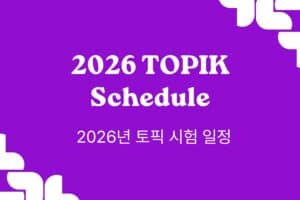
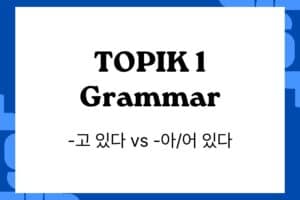
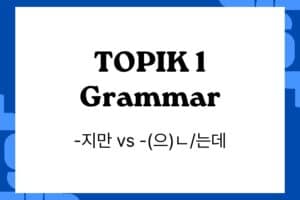
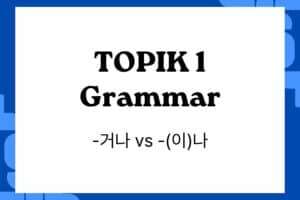
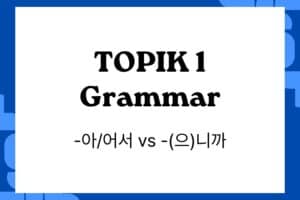
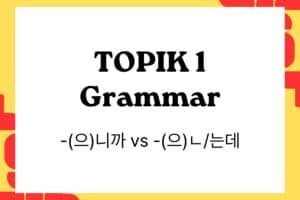
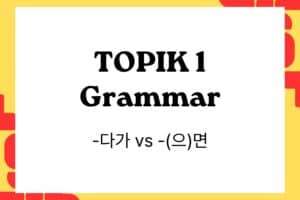
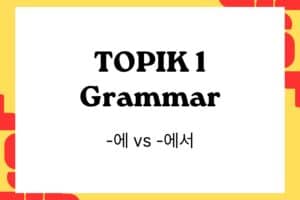
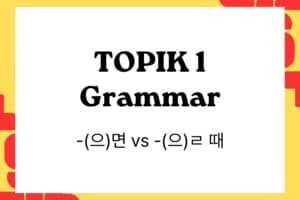
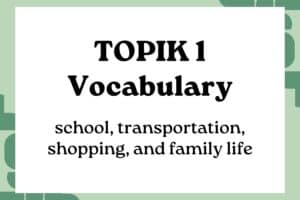
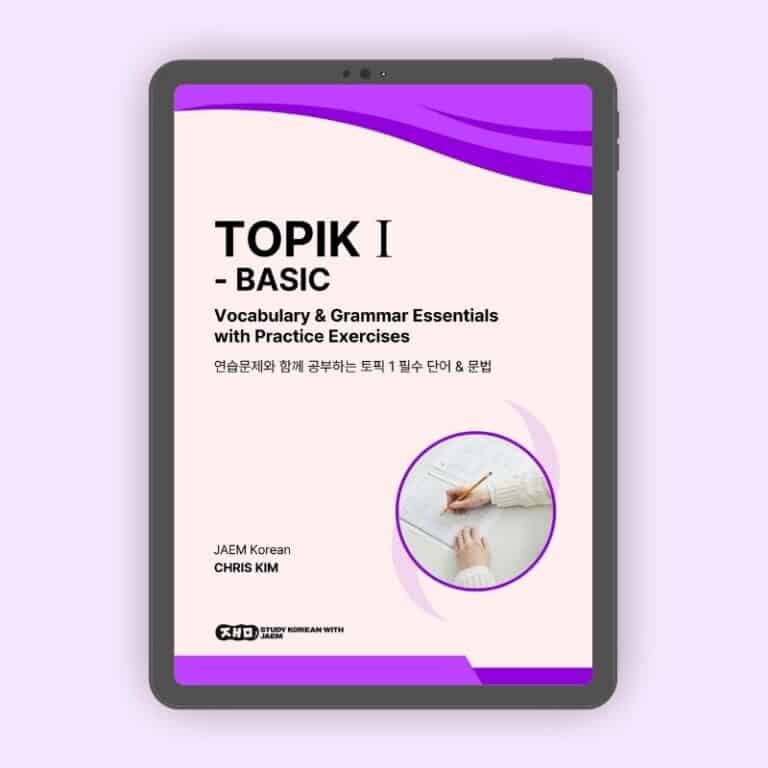
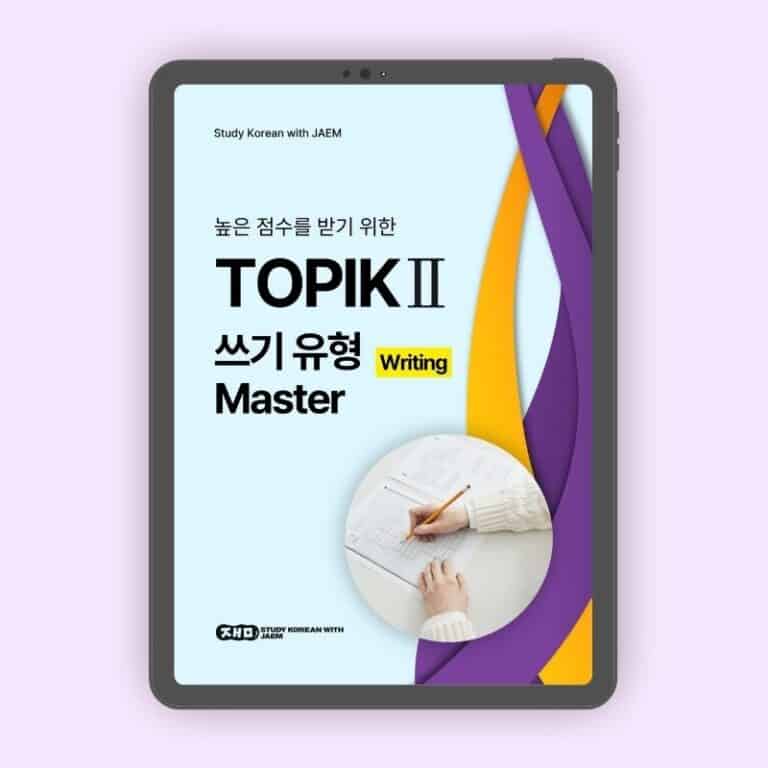
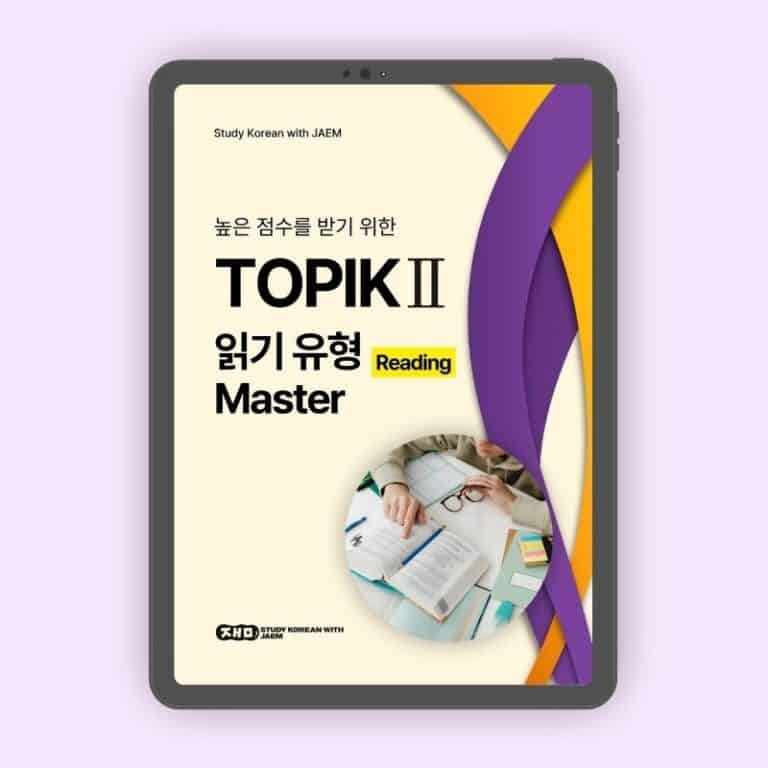

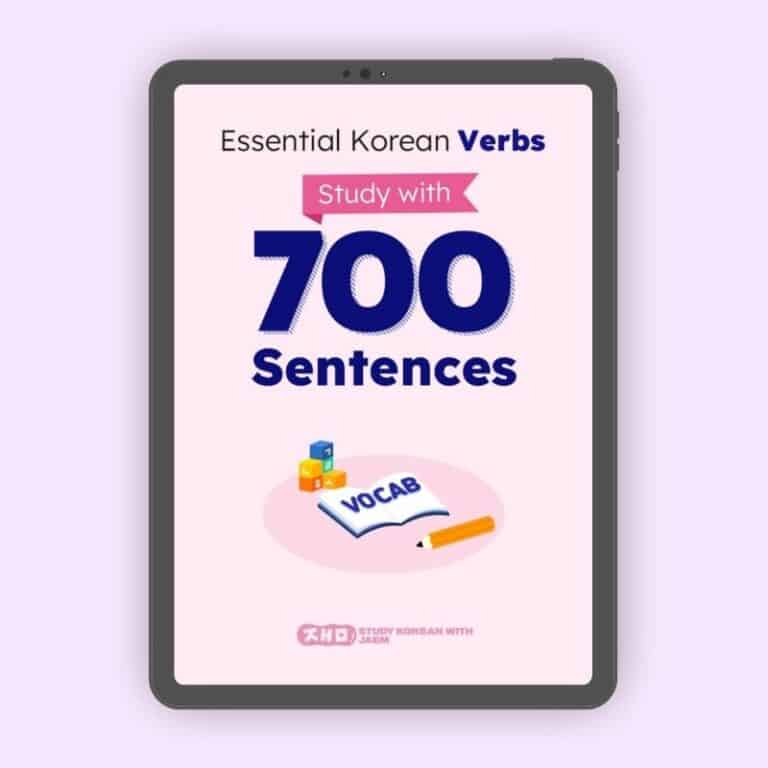
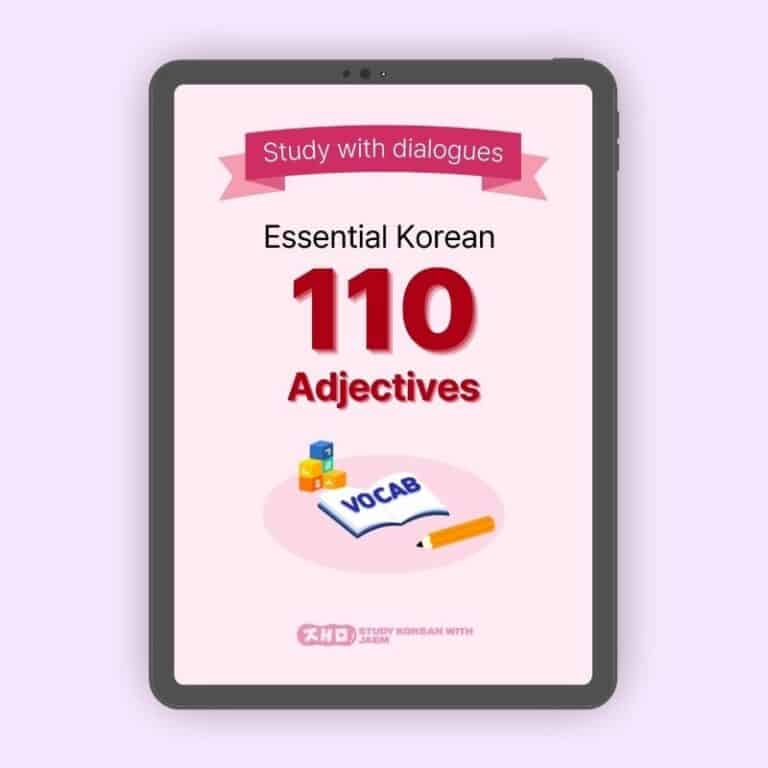
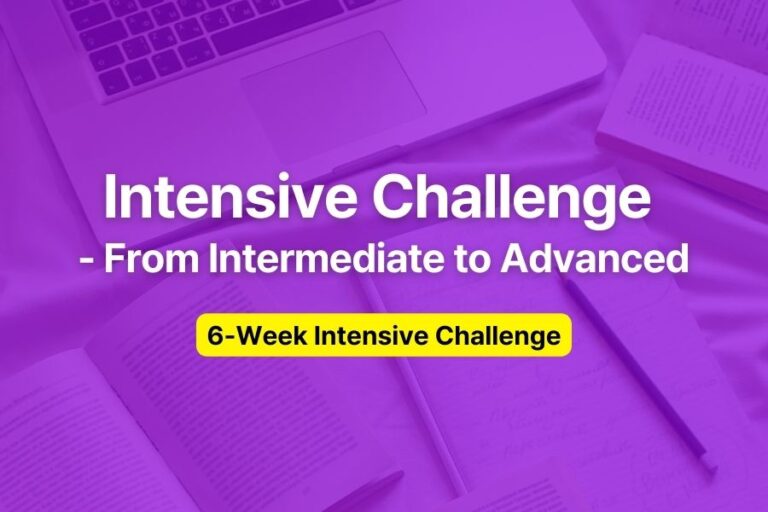
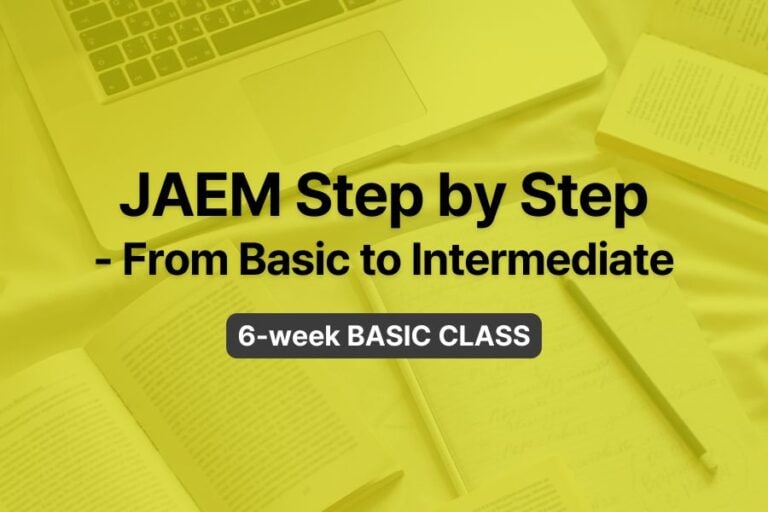
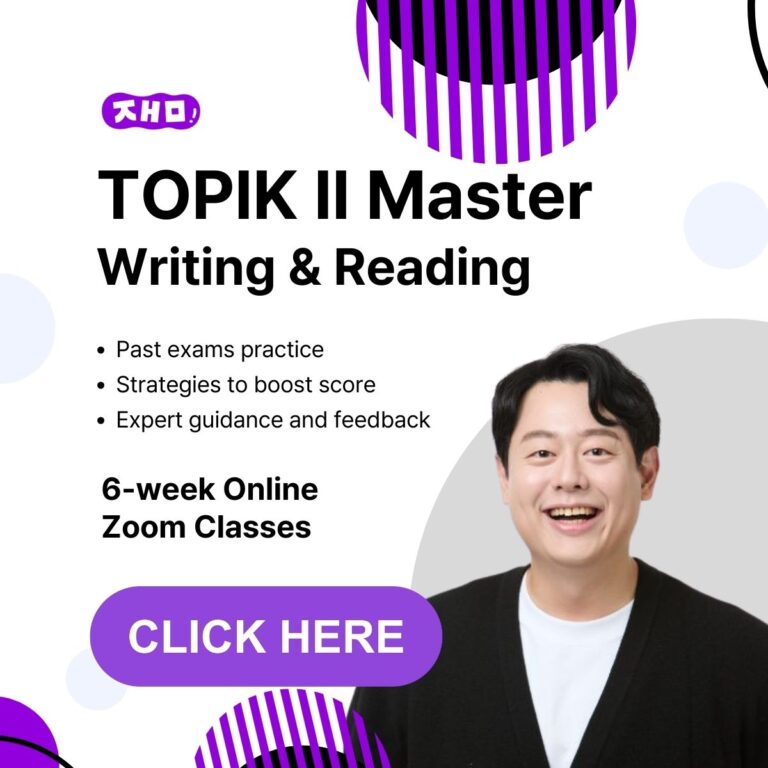
Responses